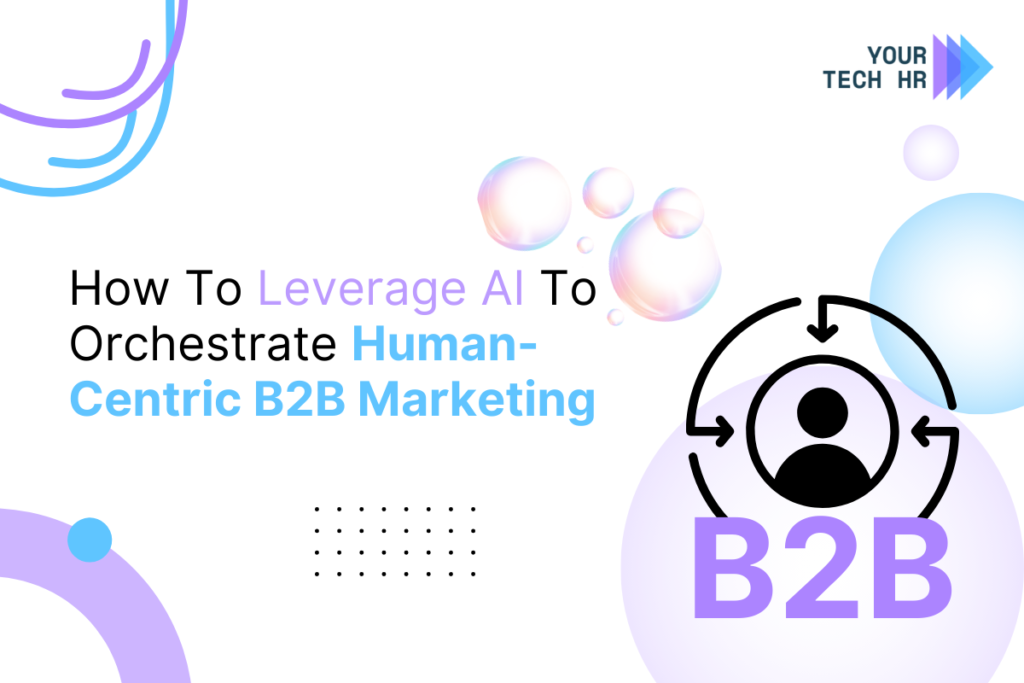The rise of Artificial Intelligence (AI) in the business world is rapidly transforming industries, and B2B marketing is no exception. Recent research shows that 76% of B2B marketers are optimistic about AI’s potential, believing it will enhance workflows and customer experiences without replacing the human touch.
But how exactly can businesses utilize AI to orchestrate more human-centric marketing strategies? Here’s what experts are saying.
The Shift Toward Authentic Experiences
Buyers expect personalized, authentic interactions. Daniel Englebretson, a renowned AI strategist, explains that “modern buyers want real conversations, connections, and solutions to their specific problems.” This shift is driven by economic changes and the demand for more meaningful human-to-human experiences.
AI plays a crucial role by enabling businesses to sift through vast amounts of data, helping marketers better understand customer needs and deliver highly targeted content. Rather than overwhelming possibilities with irrelevant information, AI allows businesses to focus on personalized solutions.
Enhancing Human-Centric Strategies with AI
AI isn’t about replacing people, it’s about assigning teams to be more effective. By automating menial tasks like data analysis, AI frees up time for marketers to focus on creative and strategic aspects of their campaigns. Englebretson explains that while marketers used to spend hours researching individual possibilities, AI can now analyze thousands of accounts in minutes.
This technological efficiency allows for scalable personalization, enabling marketers to engage with customers on a much deeper level. For instance, AI can help identify specific buying signals or pain points and suggest personalized outreach strategies that resonate with individual customers.
AI-Driven Personalization at Scale
One of the biggest challenges in B2B marketing is achieving true 1:1 personalization. While the concept is powerful, it’s traditionally been time-consuming. However, AI has changed the game by providing the ability to analyze customer data at scale, identifying trends and insights that human marketers would struggle to uncover manually.
For example, Englebretson’s team recently used AI to analyze thousands of government-related businesses, quickly surfacing the most relevant opportunities based on specific criteria. This approach allowed for more targeted and effective marketing campaigns, ultimately saving time and resources.
The Future of AI in B2B Marketing
As AI continues to evolve, its role in B2B marketing will only grow. Englebretson believes that the ideal role of AI is to optimize processes that reinforce trust and improve customer relationships. By analyzing how customers engage with a product or service, AI can help marketers refine their strategies and create more impactful interactions.
AI doesn’t just simplify marketing, it enhances the human experience by enabling businesses to respond faster and more effectively to customer needs.
Follow YourTechHR for the latest insights and updates!


